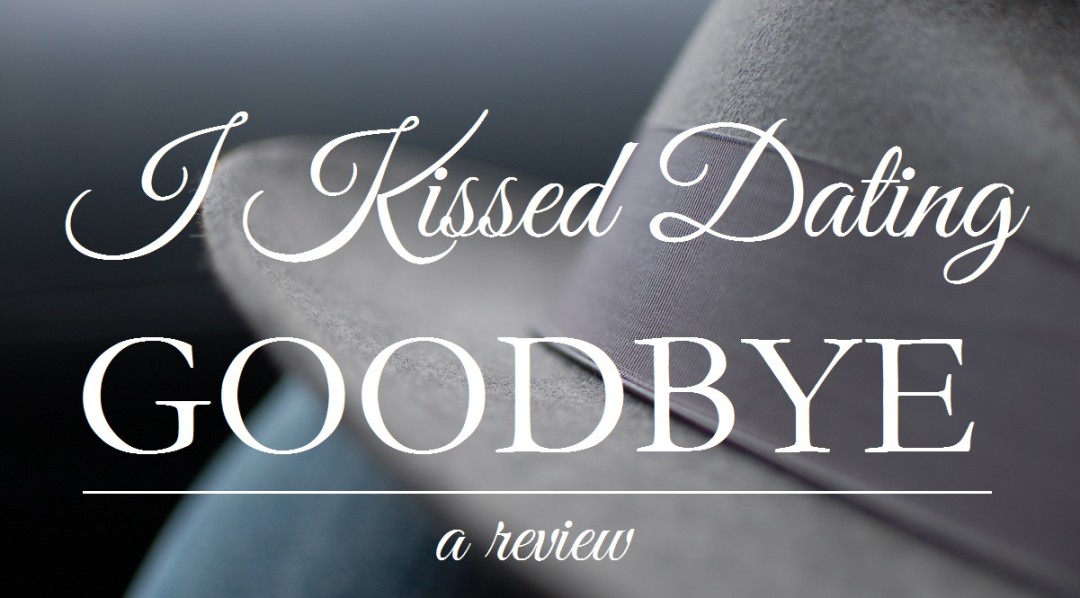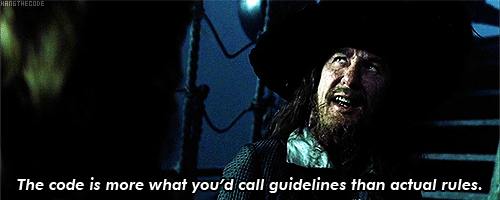I had a root canal this morning and my copy of Francine River’s Redeeming Love hasn’t arrived yet, so today is just going to serve as an introduction. In case you’ve never heard of the book before I mentioned it as an option for me to review a while ago, here’s the summary from the back:
California’s gold country, 1850. A time when men sold their souls for a bag of gold and women sold their bodies for a place to sleep.
Angel expects nothing from men but betrayal. Sold into prostitution as a child she survives by keeping her hatred alive. And what she hates most are the men who use her, leaving her empty and dead inside.
Then she meets Michael Hosea. A man who seeks his Father’s heart in everything, Michael obeys God’s call to marry Angel and to love her unconditionally. Slowly, day by day, he defies Angel’s every bitter expectation, until despite her resistance, her frozen heart begins to thaw.
But with her unexpected softening come overwhelming feelings of unworthiness and fear. And so Angel runs. Back to the darkness, away from her husband’s pursuing love, terrified of the truth she no longer can deny: Her final healing must come from the One who loves her even more than Michael does … the One who will never let her go.
Seems like a fairly typical Christian historical romance novel, although probably slightly darker than most of the ones I read growing up. In those, women could have abuse in their background, but it was pretty much only ever alluded to in vague ways, and never dealt with it directly. Like in Lori Wick’s The Knight and the Dove — the main character, Megan, suffered abuse and neglect from her mother, but it all happened in “the past” (mostly. I think her mother slaps her once). The book never really knows how to deal with it, expect that she sleepwalks when she’s upset, something most of the characters seem to find adorable for some reason?
I’ve never read Redeeming Love before, but I’ll bet you anything that Francine probably doesn’t know the first thing about trauma, recovery, and the healing process. Notice how we’re already being set up to expect Angel to be “bitter“? I imagine Angel’s recovery will be set in terms of forgiveness and bitterness, which y’all can already guess how well I’ll react to that. Given that Redeeming Love exists in a culture that has fundamental misunderstandings of sex trafficking, there’s also going to be some myths that I’ll have to deconstruct.
Given that we’ll be talking about sex trafficking for the first bit of the book, I have to let you know that I don’t have a solidly formed opinion about this topic. Sex trafficking is clearly evil, and I think this is something we all agree on. However, there are many arguments about how to go about solving this problem, and I don’t think there is any sort of silver bullet or perfect solution.
I will say that conversations about sex trafficking in the American Christian context are muddied with our tendency to see all non-heterosexual-married sex as innately sinful. I also lean in the direction of protecting sex workers while avoiding paternalism and condescension; this means that while I find certain arguments about “sex work can only exist in a misogynistic system that views women’s bodies as consumable commodities” somewhat compelling, I also believe that all bodies and our labor are consumable commodities in a capitalistic system, and if I can consent to selling my labor at a bookstore, what’s the real difference between that and selling my labor from a bed?
I’m still not completely sold either way on whether or not there’s some quality to sex work that makes it wholly and significantly different from other forms of physical or emotional labor, but what I do know is that many sex workers find their work enjoyable and aren’t any more coerced into it than anyone else trying to put food in their mouth and roof over their head by flipping burgers or brewing cappuccinos.
Obviously this is an extremely complicated conversation, with many valid viewpoints and arguments, and I think Redeeming Love will be a good entry point into that discussion since it’s not one we’ve really had on the blog.
***
I’ve pointed you in the direction of Lindsay’s in-depth review already, but I always try to situate these review series in the larger context of how the book’s been received and what it’s meant to people, so I read a few more reviews today. There’s this one by Wife, Mom, Superwoman and another by Mike Duran here, and something popped out to me in those reviews: they both describe Michael Hosea as relentless, and both of them clearly think of this as one of his best traits.
As a Christian I understand the beauty that can be found in God’s grace, and how we can be comforted by its endless depths. I return to Christian theology again and again — despite all my doubts and struggles– because I love how it can articulate a deity of boundless love that crosses all boundaries and boxes. However, it’s interesting to me that so many people think of God as relentless, a word that conveys things like zombies and Jubal Early from Firefly. My conception of God’s love is more like sunlight and moonlight. Always there, always beautiful, but certainly not something that chases me down and drags me, desperately kicking and screaming, back into his house.
Hmm. I think we might end up talking about Christian culture’s violence-centric depictions of God, too.
Many of the 1-star reviews on Goodreads make a lot of good points, but 86% of the ratings are 4 or 5 stars, and almost a hundred thousand people have given it a 5-star rating. Phrases like “I couldn’t possibly do this book justice,” “extraordinary,” and “flawless,” are littered everywhere. Most of the reviews are essentially different wordings of “this book has deeply affected my view of God and romance,” which I find troubling. Fiction and literature are powerful things, but there’s a Twilight-level fervor in these reviews that me wonder about the connection between abusive, controlling, agency-stripping “romances” and how popular they can be.
Anyway, I’m looking forward to launching into this with y’all.






